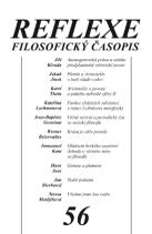Allegorical Exegesis and its Defence in Proclus
In the intellectual history of Europe, allegorical exegesis has been one of the most influential methods of interpretation. From today’s perspective, however, it appears problematic, apparently turning poets into sophisticated philosophers who for some reason decided to express their thoughts symbolically only. Ancient authors rarely dealt with this problem in detail, and it is only in the 5th century AD that a thorough methodological defence of the allegorical method was undertaken by Proclus the Neoplatonist. In his view, inspired poetry grasps reality in a much more unified and immediate fashion than philosophy. Accordingly, a philosophical interpretation of an inspired poetic symbol does not imply that the poet would think philosophically himself. Rather, it is an attempt to discover on the plane of rationality a meaningful analogy to what the poem as such expresses in a higher and non-rational manner. The aim of Proclus’ allegorical exegesis is not to reduce the poetic symbol to a thought but to bring rational thought in harmony with it, opening it up to its beneficial influence. In support of his conception Proclus works out a remarkable theory of symbols which makes it possible to overcome the mimetic theory of art and appreciate some of those aspects of poetry that were considered scandalous by older philosophers.
Backlinks: Reflexe 34
